
Maybe my idea of blondness should be unpacked in another essay
Photo by Tim Mossholder on Unsplash
We moved to Florence six years ago as a family. Our children, then 1 and 5, are now 7 and almost 11. We are happy. They are thriving. Life is good. It stops me cold to do the math and realize that we have now not owned our house in the US for as long as we owned it. The bungalow had its drawbacks (micro-climates among rooms, bouncy loud floors, chaotic corner lot) but damn, that house was pretty. Large and made to entertain. Pretty as a jewel box and needed no renovation. The pool in the back garden wasn’t deep enough to withstand the Oklahoma heat, and while it looked fetching, stepping in between June and August (when one might most want to step into a pool) felt like stepping into a puddle of warm pee. I miss the Caffeination Station we set up in the pantry, though, and the the bright blooms that called out all season long in trees and on vines.
We’ve settled into a relative comfort level, we four Americans, here in Florence. In many ways it has been easy for us, for reasons of our backgrounds and thanks to Florence in particular. All the characteristics of Florence I eschewed as a student traveller (too much English, too many tourists, too international) now form much of the structure that provides shape to our days, and resilience to our local network. Sure, it was fun to get myself to the end of the train line in some nowhere province in Spain or Mexico or Brazil a town on the coast with two bars and one restaurant, just to test myself, but that’s no place to arrive with children, much less raise a family. I value Florence’s international flavor, the large network of expats and immigrants, the fact that I don’t stand out too much here as a non-Italian. Visitors can get by with soft English and a smattering of Italian politesse. Florence is accustomed to international visitors, and has been so since approximately 1200 CE. People pass through, exchange custom, buy some things, move on. Maybe invest, buy a property, start a business or join an existing business. These have all been activities in town for over 800 years. So Florence is accustomed to international faces and voices.
Mostly.
An insular edge still exists. The tourist hoards, when the numbers increase to the dizzying maximum, supersede the city’s maximum capacity. Tempers flare, nerves fray, particular in centro. Notwithstanding my comfort level with the local culture and my ability to almost always glide through Italian situations (so long as they don’t involve the polizia, the questura, or some other frightful Italian official), I find myself from time to time on the listening end of Florentine jeremiads.
Questi turisti …
Troppi turisti ….
Ordering an espresso, the baristi on Santo Spirito last week had an earful to say about the turisti tremendi. Paying at H&M, which is a place I try to avoid anyway, and the comessa will look at me and say, parli italiano? do you speak Italian? They’re usually trying to figure out if I need a pitch for a loyalty card or some such, but it still grates. One time a barista leaned down into my face and said “un ayyy—oo—-roh” as though I were deaf. Yes, I get it, the espresso costs a euro, please go eat a breath mint.
I’ve been here awhile. I want to pass. I will never pass. I am fun-size, which is fine, but my aspect is unmistakably Northern European. Baltic. Blue eyes, pale skin. A not at all Italian nose. Blonde hair that I’ve been keeping long because I’m lazy and it’s easier and cheaper. This last feature has become a point of discussion lately.
An American friend who has also lived here for years and who has some Italian heritage looks the part, even as her Italian is close to mine in proficiency. She has a thick black ponytail and dark eyes. She eyed my hair a few months ago over a prosecco under the arcades of Piazza della Repubblica. I bet, she said, sipping her prosecco, that if you had dark hair you’d have an easier time. I began to consider it. I’ve never gone artificially darker before. But my natural color is darker than my current collection of highlights and shades.
I ran the idea past two other Italian female friends. They were shocked. We love your hair! Your hair is beautiful! they cried. Do you want to go dark? Yes, I responded, if locals don’t immediately assume I stepped into town from a cruise ship in the port of Livorno or Pisa. But do you like your hair? they pressed. Yes, I said. I do. Then don’t change it because of some barista! they protested. Some guy who said something! What you need, they continued in good humor, is to work on your snappy retorts in Italian.
For example: You’re right, tourists are terrible. Or, this business is very rude! Or, You’re making a figura di merda here with a small crowd of cosidetto turisti (so-called tourist) who are trying to give you money, especially after what the years since Covid have been like for global economies dependent on tourism. This last one gets a little in the weeds for me, and given my anxiety about speaking up in public to a local audience in one of my non-native languages, I am inclined to say nothing, and go scribble frustrated thoughts in my journal instead. (I had a few seminal experiences in Spain at the Iberia desk, and in France at the préfecture or the CTS office in Strasbourg, that contributed to my language anxiety in these situations, but that is another topic for another day.)
I took these comments back to my friend with the thick black ponytail. Okay, she said. What about henna, or a wig? Henna would last for months, she said. But could be a cheap possibility, with the added benefit of DIY. She continued, there’s a wig shop close to my house but I think they sell mostly to chemo patients. I said that that would be some very bad karma indeed, to buy a dark wig from a chemo shop because I wanted to see if it made a difference in how I was treated (and not always at that) in town by Italians.
Later I ran all this information by Jason, whose physical aspect translates very well to Florentine culture: mussed graying hair, button down shirt, glasses, right size, nice shoes. Do you really think darker hair will make a difference? he asked. Go to a different bar. Laugh at the baristi who are busy making those comments about tourists as a bunch of non-Italians are in their bar. I think it might make a difference, I said. I don’t, Jason replied. Dark hair won’t make you look Italian. You’ll just look kind of Eastern European, which might be worse for general treatment by local businesses.
Eastern European. I sat with that for awhile. The wig started seeming like a better and better idea. I am reminded of some panicked months in the seventh grade when I was convinced that I just wanted to look like everyone else, I did not want to stand out, I wanted to just swim in the slipstream of that most local of cultures – an American middle school. That phase was brief and circumscribed – I do not long to fail to stand out as I did at 12. I like a little sprezzatura, I dress with humor, I like vintage attire, I will ride my bike through town in a dress. I splurge on arty Italian eyeglass frames every few years.
I realized maybe I needed to better define my perceived problem and measurable goals and started perusing Untools. Maybe look into an Italian language tutor who is sassy and local and teaching at my level. Maybe go pester my Italian friends some more to practice with me and call me on the phone to impersonate customer service reps from Vodaphone and make me talk. Maybe this whole question of dark hair is covering up some other questions about fitting in, or not.

Photo by Dan Gold on Unsplash



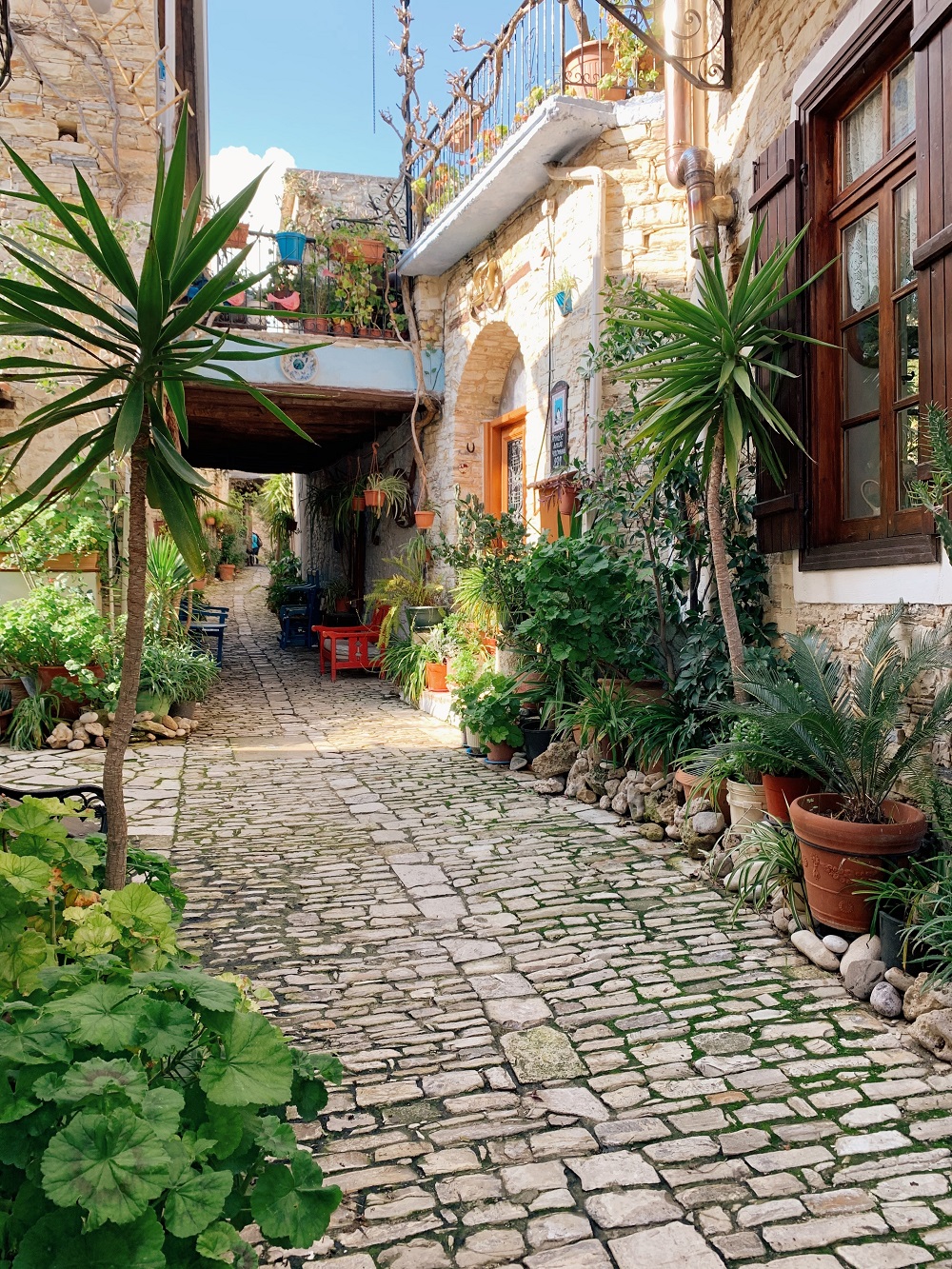
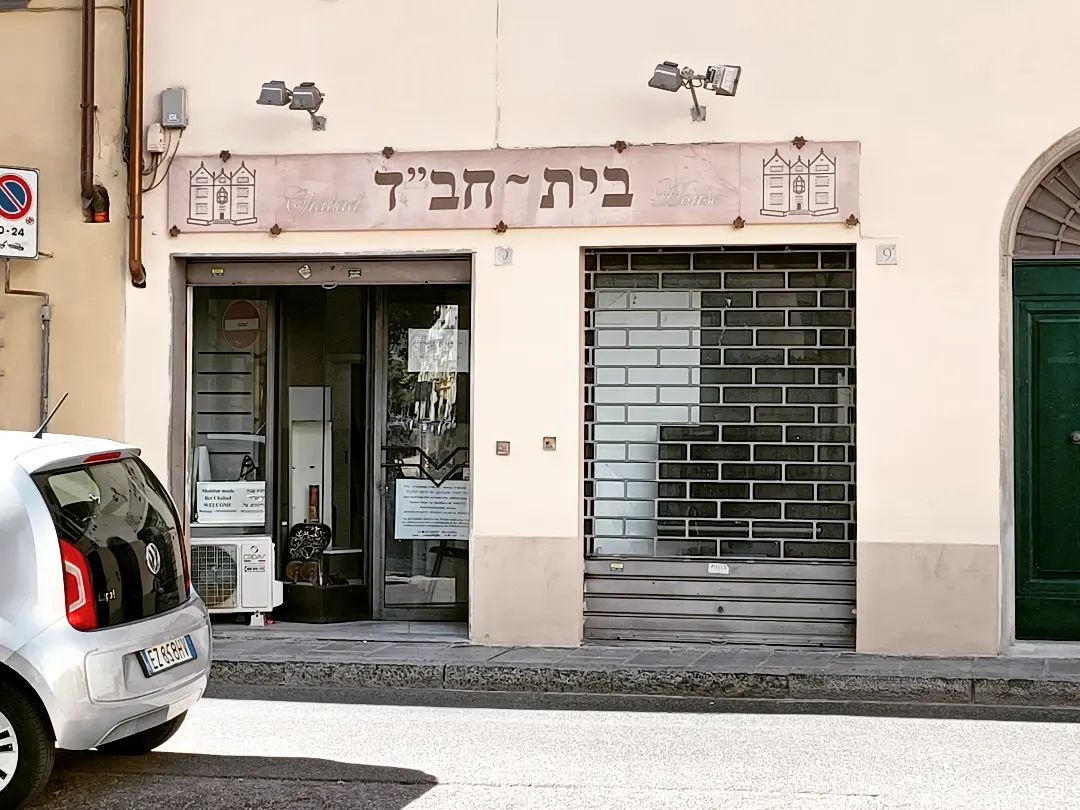
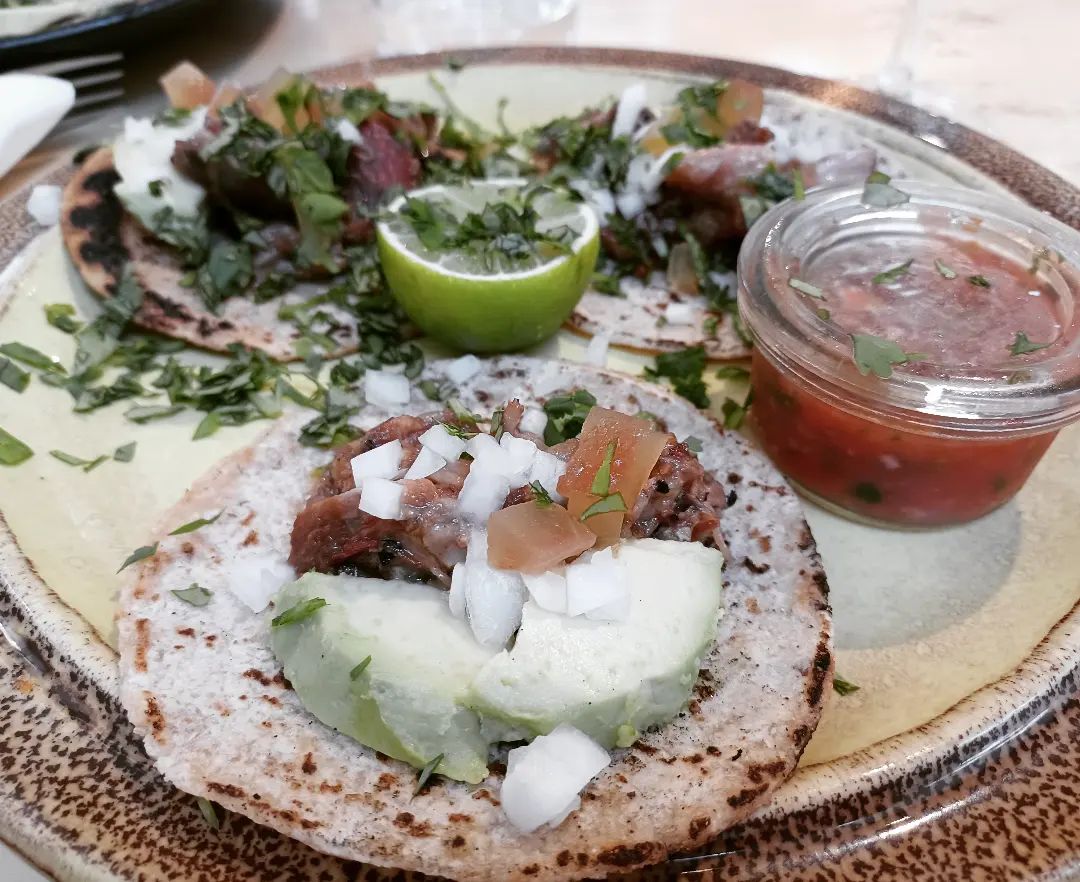
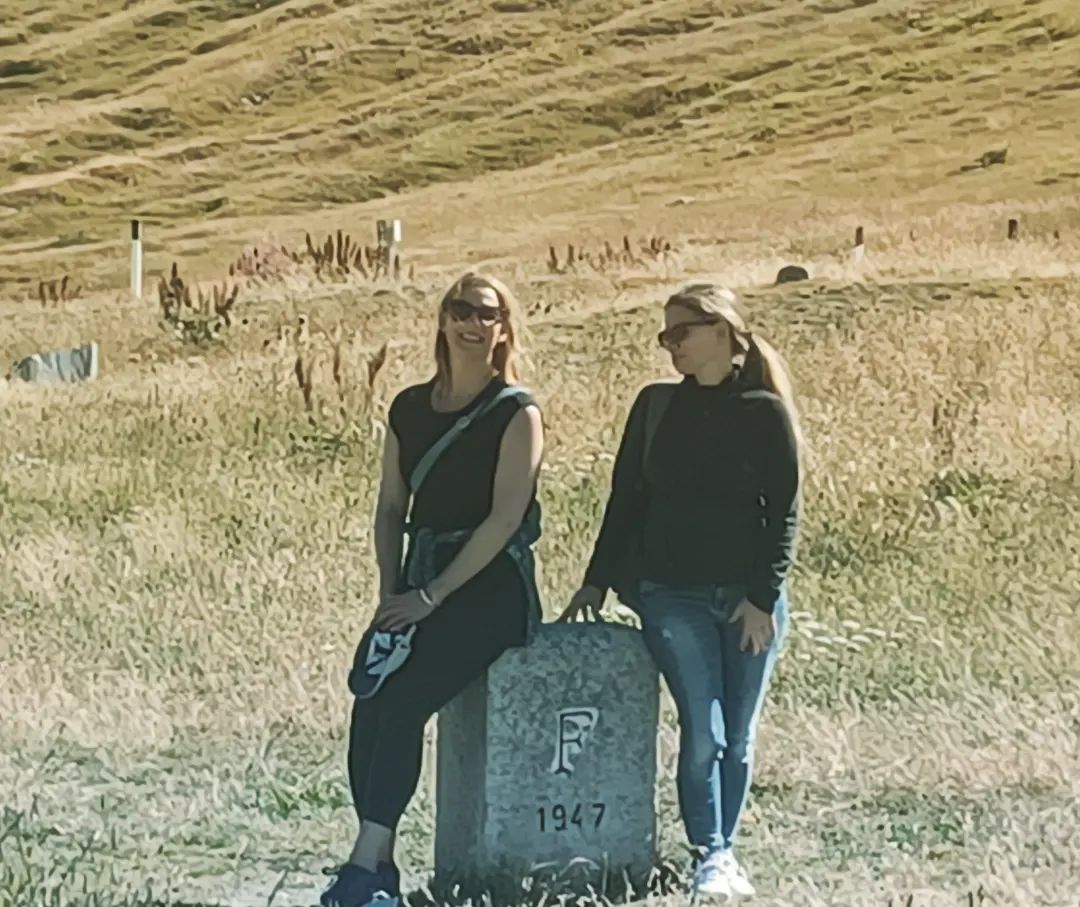
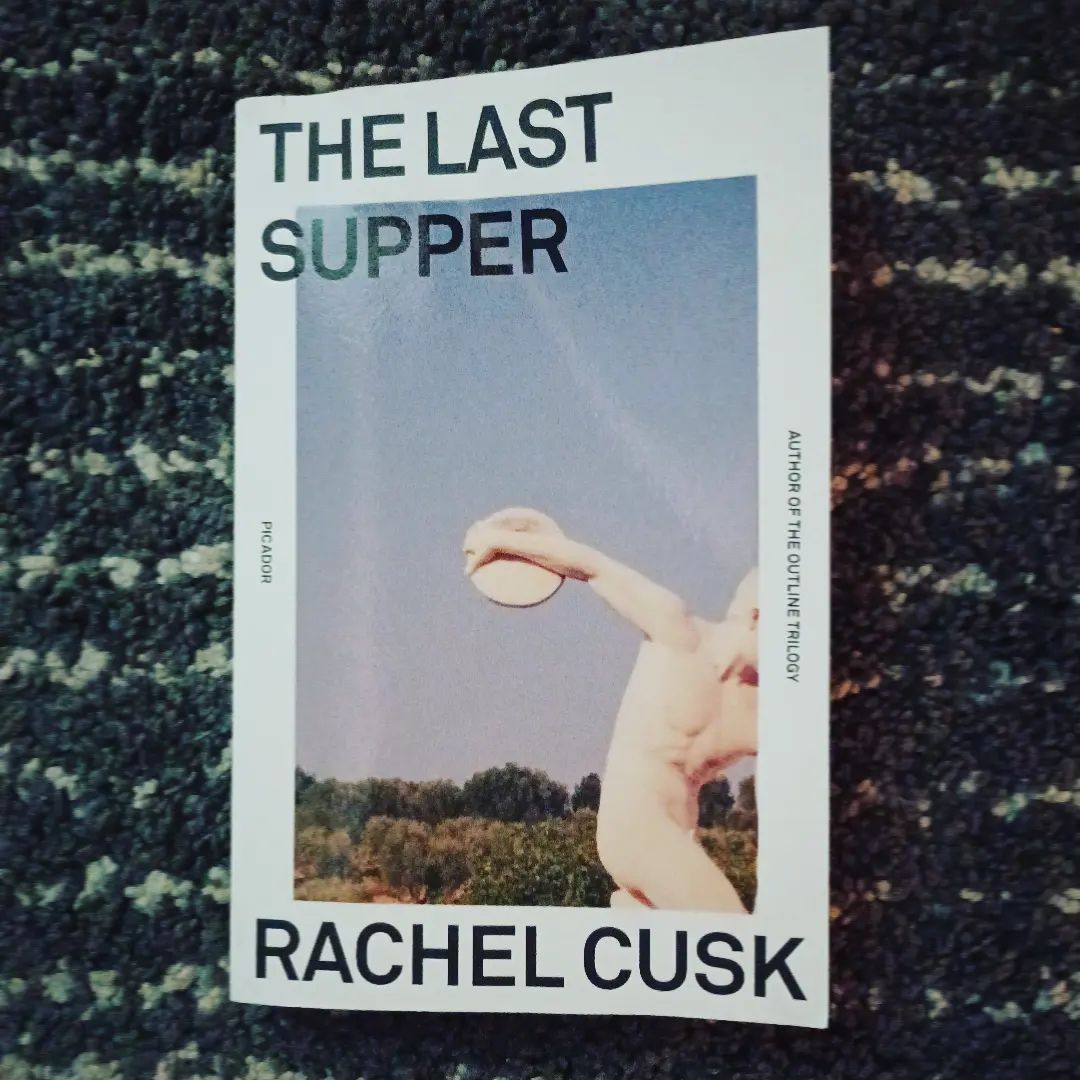
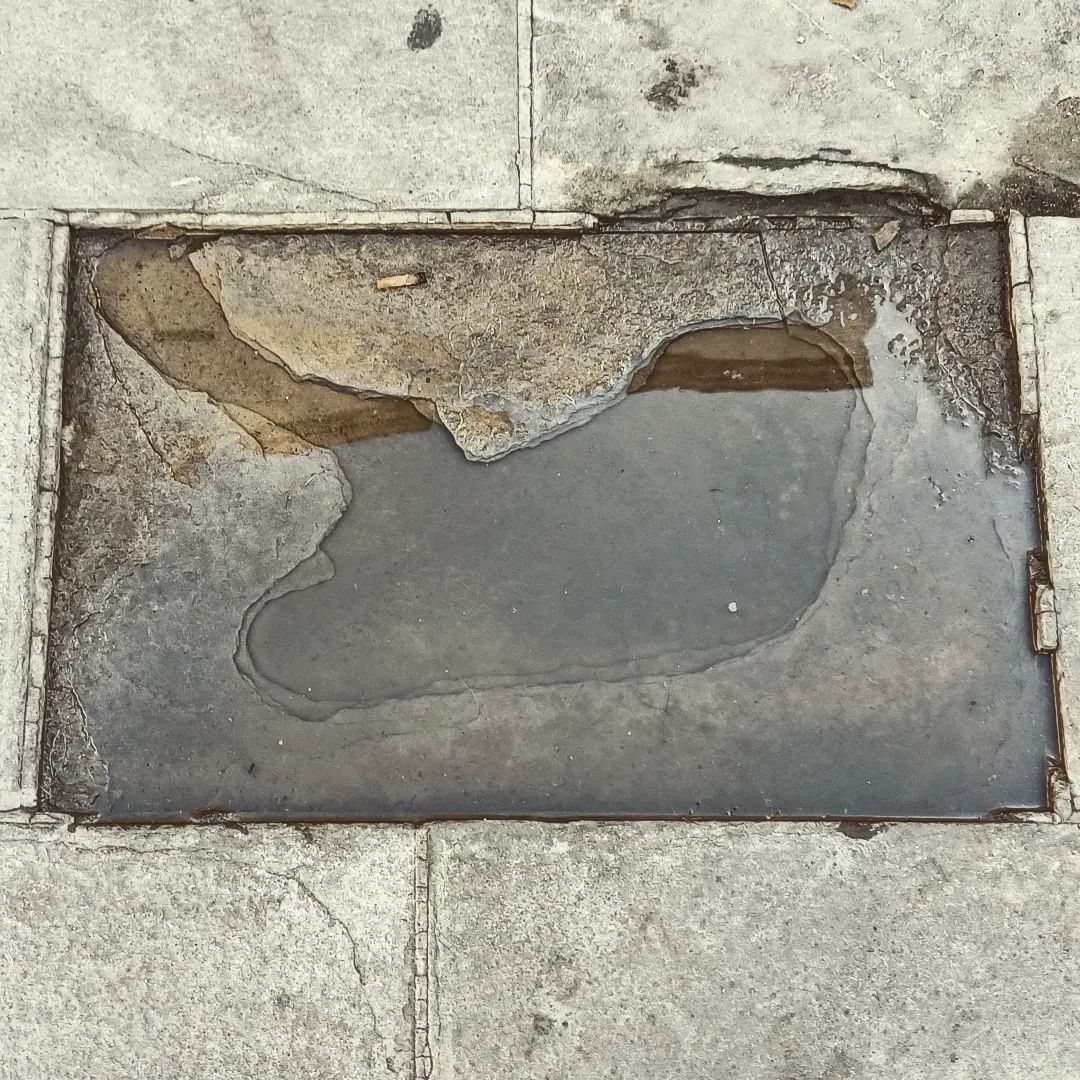
8 Responses
Monica- keep the natural blond and avoid/ ignore the rude Italians/people when you can. 😘
DZ
Thanks, Daniel. I think I will. See follow-up post. I maleducati sono dapertutti! Haha. Aww I love ’em, the grumps.
My very Italian colleague in Siena, Lavinia, has very blond hair and blue eyes, so more Nordic than “Italian”. And I have seen plenty of people like here in places such as Udine, Bolzano and even Milano. All admittedly more northern in location than Florence. So not to despair, at least not too much!
Yes, I realize this would be a completely diverso discorso further up into the mainland hinterland. But here in dark-haired, dark-eyed Tuscany, the blonde really stands out. Even in Sicily I think it would be different. But then I wouldn’t have this topic to write about!
Buon giorno da Dallas! I love your post and I love you! I also love your hair and I wouldn’t change 1 strand. You will most likely Never pass as Italian. I’ve been living and an out of Italy for the past 40+ years and I’ll never be taken as an Italian. Well, OK, on a rare occasion but very rarely. I speak pretty well, I dress in Italian clothes but I don’t look like an Italian and my hair is not going to make the difference. It’s the way we move, the way we gesture, the way we dress and walk and the way we are. I feel your pain and I remember in Casale Marittimo when they used to just look at me and try to speak German, which made me furious. Once at the grocery store a lady stopped and asked me where to find an item. When I began to tell her where it was she stopped me midsentence and said “oh you’re a foreigner, sorry”. I wanted to holler at her and say “wait I know what you’re looking for and I’ll help you” but she walked off. The good news is my grocery store experiences have changed and now I can actually help people and they listen to me but that’s taken many years. It still upsets me if someone tries to speak English to me because they presume that I do not speak Italian but I remind myself that they are proud of the fact they can speak English rather than wondering why I cannot speak Italian. Hold your very beautiful head with your stunning hair high and say Preferirei parlare in italiano. 💋
Sent from my iPhone
>
Thanks Betty! Words of wisdom from one who knows … <3
Ah, the age old question: could I pass as? Maybe it’s an itch we’ll never be able to fully scratch. Qui sait…
See follow-up post. Maybe I won’t pass per se, but I hope I can decide to belong.